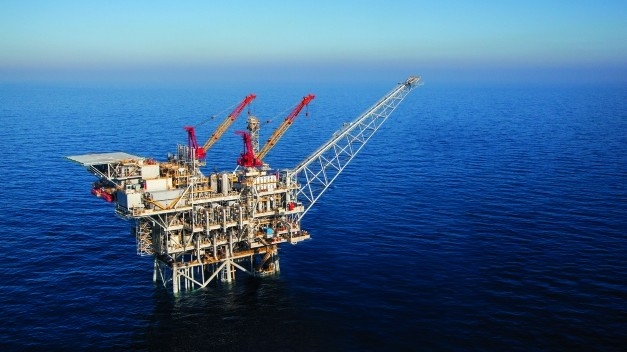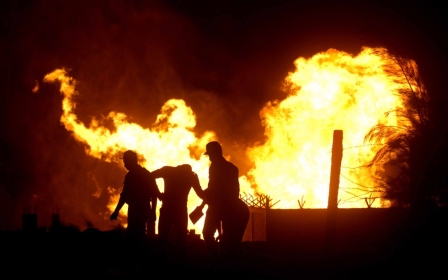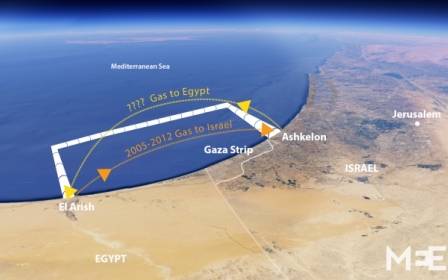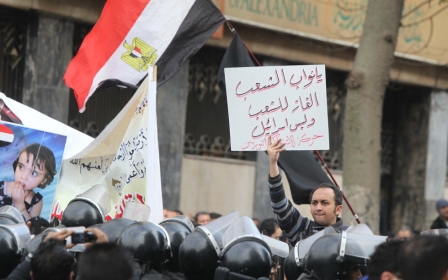Israel to become Jordan's largest supplier of energy

Israel and Jordan have signed a contract that will see Jordan buy natural gas from Israel over the next 15 years in a deal worth a reported $15bn.
The deal was inked on Wednesday between a group of Israeli companies and Jordan’s partially state-owned National Electric Power Company.
Worth up to $15bn according to the Wall Street Journal, the deal will make Israel Jordan’s biggest energy supplier.
According to a letter of intent signed by the Israeli side, Jordan will buy 45bn cubic metres of natural gas over a period of 15 years.
The gas will be extracted from the Leviathan gas field, a large field in waters around 130 kilometres west of Haifa.
The Leviathan gas field is also the source for gas that will be bought from Israeli and American companies by the Palestine Power Generation Company.
The deal, signed in January 2014, commits the Palestinians to buying 4.75bn cubic metres of gas over a 20-year period.
Jordan, Israel's newest natural gas customer, is dependent on imports for 97 percent of its energy demands.
In August 2014 Jordan’s Energy Minister Mohammed Hamid complained that Egypt’s decision to halt its exports of natural gas to Jordan in April had exacerbated the country’s energy crisis.
A 15-year gas deal signed between Jordan and Egypt in 2001 was broken in April 2014 after attacks on the gas pipeline made exports unprofitable for the Egyptian side - the pipeline had been targeted on 15 separate occasions since 2011.
In a statement given in August, Hamid announced that, “to face the ongoing energy crisis, the Jordanian government is looking to increase its co-ordination with other neighbouring countries.”
Jordan has been in the grip of an energy emergency for several years, with frequent power cuts throughout 2014 and a controversial rise in the price of electricity in June.
Middle East Eye propose une couverture et une analyse indépendantes et incomparables du Moyen-Orient, de l’Afrique du Nord et d’autres régions du monde. Pour en savoir plus sur la reprise de ce contenu et les frais qui s’appliquent, veuillez remplir ce formulaire [en anglais]. Pour en savoir plus sur MEE, cliquez ici [en anglais].




